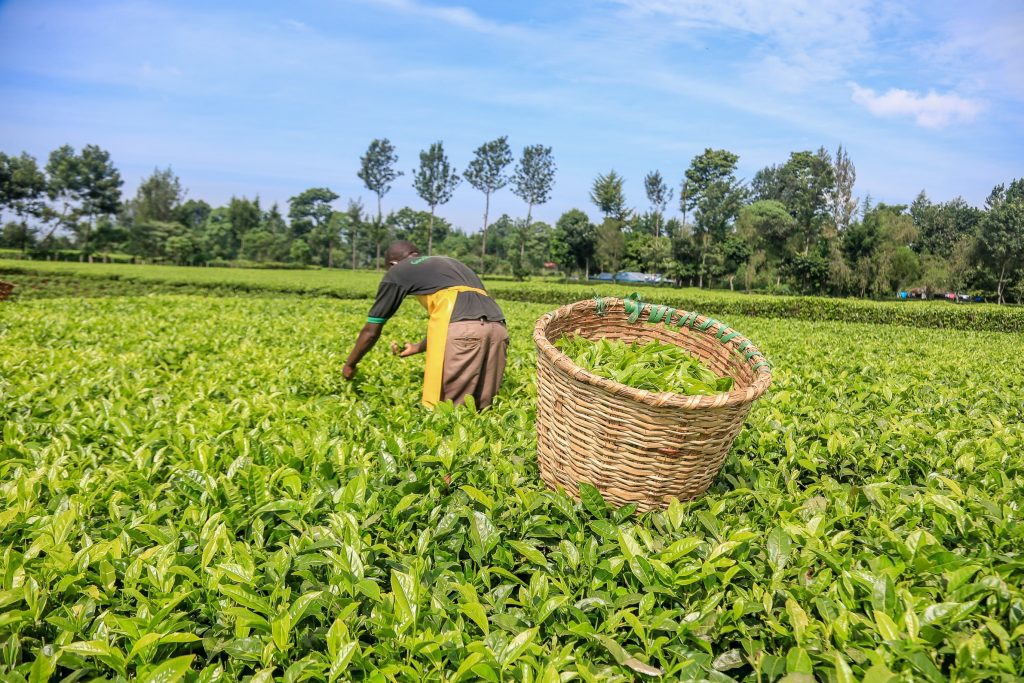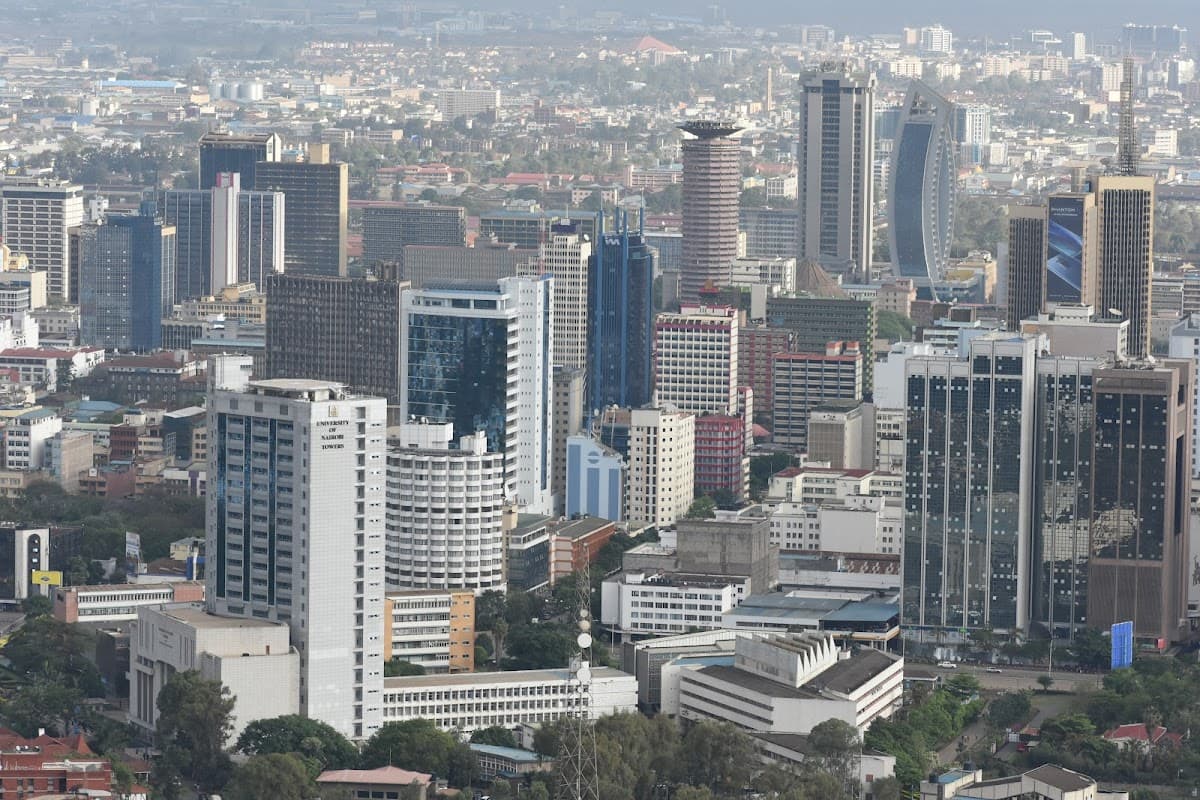Kenya, March 21 : The government has banned the hawking of green tea leaves as part of efforts to streamline the tea industry.
The Tea Board of Kenya (TBK) issued a directive warning tea producers and factories against engaging in such practices.
“All tea factories and producers are hereby cautioned against engaging in green leaf hawking, collection of green along the roadside where there are no collection centres, using green brokers and using leaf collection vehicles that are not registered with the Board,” TBK CEO Willy Mutai said.
According to Mutai, the move is part of ongoing reforms aimed at making the sector more sustainable and profitable.
He said the measures will help improve the quality of tea processed by factories, leading to better prices and returns for farmers and investors.
“To actualise the above milestone, the Cabinet Secretary for Agriculture has issued a directive to tea producers and factories and has banned green leaf malpractice and other forms of malpractices perpetuated by the tea factories, producers, green leaf brokers and errant tea growers,” said Mutai.
Tea hawking involves farmers selling their green leaves to factories other than the ones they are registered with, which goes against the Tea Act of 2020.
The practice has increased due to the rise of private tea factories that offer higher prices to attract farmers.
TBK has linked this to a decline in tea quality, leading to poor earnings for farmers.
Agriculture Cabinet Secretary Mutahi Kagwe recently said the government is rolling out reforms to ensure farmers get better returns.
Kagwe added that the ministry will gazette new quality standards to prevent the harvesting and processing of low-quality tea.
He also announced plans to operationalise the Tea Act, of 2020, through additional regulations.
Kenyan tea, celebrated globally for its quality, is poised to tap into the immense market potential of the Far East, particularly China.
With China consuming over 2.3 billion kilograms of tea annually, the largest in the world, securing even a small fraction of this market could significantly boost Kenya’s tea exports and earnings.
The government is supporting tea production through providing subsidised fertiliser, establishment of common user facilities for value addition and exploring new markets.
Kenya’s tea production has grown steadily, reaching 600 million kilos in 2024, with export earnings rising to Ksh 211 billion. Expanding into China and other Far East countries could further transform the sector, creating more opportunities for farmers and strengthening Kenya’s economy.
The government is committed to leveraging these opportunities and positioning Kenya as a dominant player in the global tea market.







